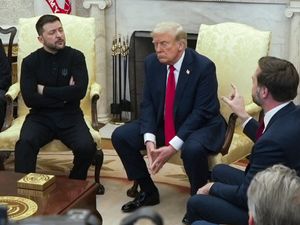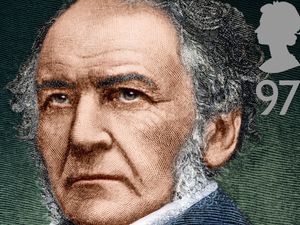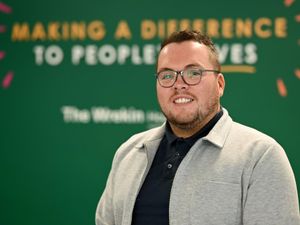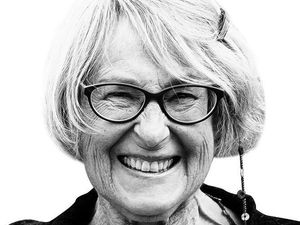Star comment: It can't be all about Covid
There needs to be a balance to include other conditions.

There is a Covid timebomb that continues to tick.
An army of patients exists with cancer, and other things, for which the best outcomes largely depend on early detection, diagnosis, and treatment.
Every patient being treated for coronavirus takes up resources, and resources are finite, so there is a knock-on impact. Staff now working flat out to deliver the booster jab cannot be in two places at once, so the risk is of a diminution of the quality of service elsewhere.
This is the secondary impact of the pandemic, pushing back appointments and certainly in the early days making people reluctant to go to hospital at all for fear either of catching the virus, or of getting in the way – that’s what people felt, despite encouragement to the contrary.
The ambitious booster target is going to make things busier and everybody appreciates the pressure on the NHS. Figures already demonstrate the widespread impact of coronavirus across various aspects of public health. One of them is in cervical screening where there has been a drop in coverage, which inevitably means an increased risk for those women who have missed out, part of the general worry that cases of all types of cancer have gone undetected.
Getting more booster jabs done is a national necessity, but does not have to be all-consuming, and the message must be for people to take their appointments when they are called and not to ignore symptoms.
GPs will be needing to free up time for boosters, but are also there for patients that need them, just as they have been throughout the pandemic. In making Covid our prime enemy, we cannot afford to lower our guard against the deadly threat from a host of other enemies.
There are still people living today who survived the Holocaust, but there are now many more who are the children, grandchildren, and great-grandchildren of the survivors.
Countless families were wiped out by an evil so great that it is hard to comprehend that such things could be done.
Those who watched the televised trial of one of Hitler’s architects of genocide, Adolf Eichmann, will have seen a human being.
He was a middle-aged man – a man involved in monstrous crimes and culpable for millions of deaths.
Eichmann was sentenced to death on this day 60 years ago. And the grim lesson from the years since is that it would be a grave mistake to think it could not happen again – because episodes of genocide have happened in various conflicts, some of them recent. The international community must remain alert.





